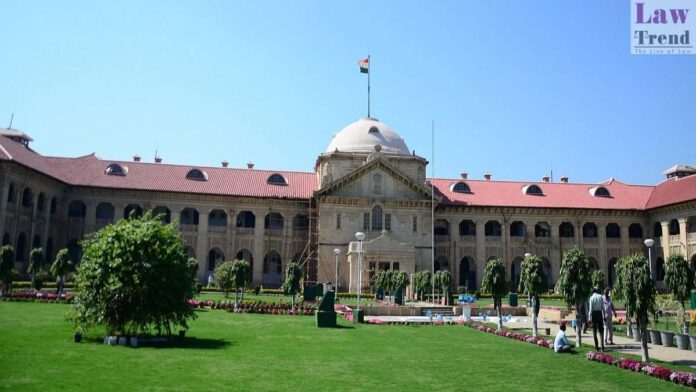The Allahabad High Court has upheld the compulsory retirement of Judicial Officer Ramesh Kumar Yadav, holding that even a single adverse entry relating to integrity is sufficient to justify such action. The Division Bench comprising Justice Ashwani Kumar Mishra and Justice Donadi Ramesh delivered the judgment on 22 April 2025 in Writ-A No. 12020 of
To Read More Please Subscribe to VIP Membership for Unlimited Access to All the Articles, Download Available Copies of Judgments/Order, Acess to Central/State Bare Acts, Advertisement Free Content, Access to More than 4000 Legal Drafts( Readymade Editable Formats of Suits, Petitions, Writs, Legal Notices, Divorce Petitions, 138 Notices, Bail Applications etc.) in Hindi and English.




